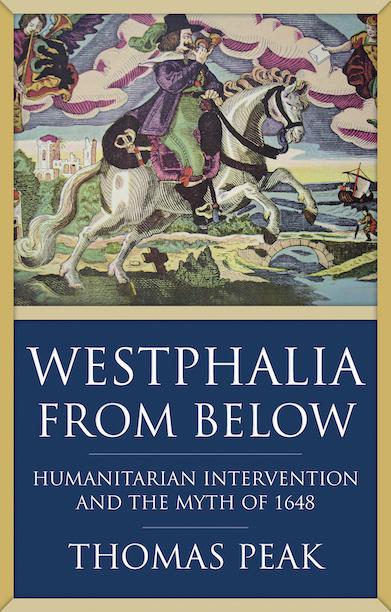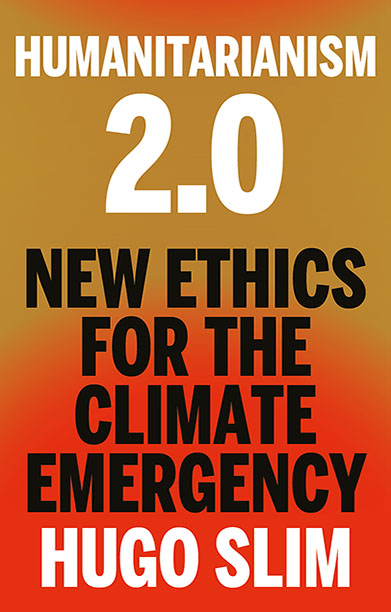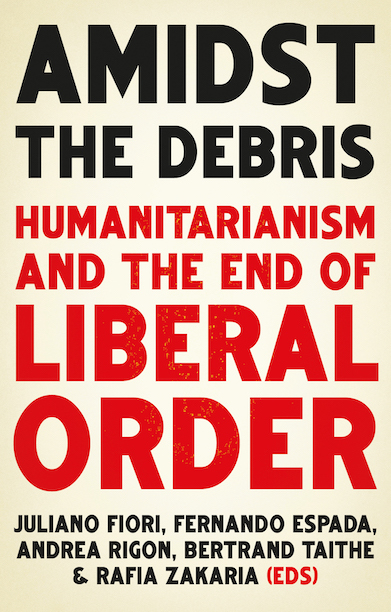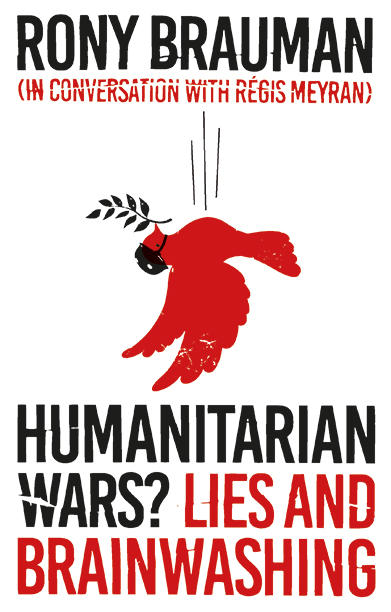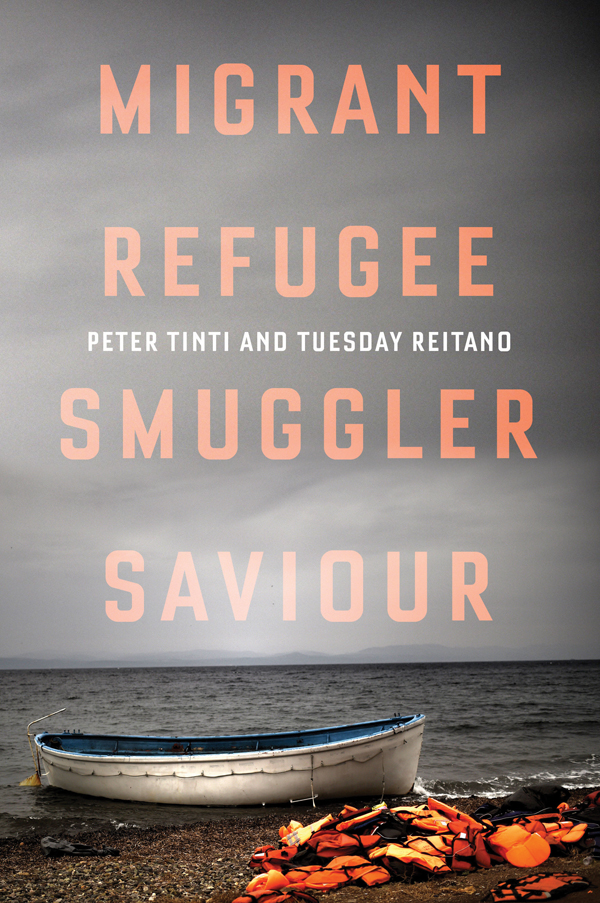Westphalia From Below
Humanitarian Intervention and the Myth of 1648
A defence of the moral and theoretical legitimacy of international intervention, challenging the traditional story of state sovereignty.
Description
An original contribution to international ethics and humanitarian intervention, Westphalia From Below draws on history and IR theory to offer a fresh analysis of an insufficiently understood subject. This new history of the lead-up to 1648 exposes the mythical and problematic nature of the Peace of Westphalia and its implications for international politics, questioning the impoverished visions of this landmark treaty that influence IR theory and humanitarian protection to this day.
IR is infused with perspectives from the humanities based on reconstructions of the mentalities of the Thirty Years’ War. Scholars tell us that the Westphalia settlement instituted an absolutist understanding of sovereignty as a right and a strict principle of non-intervention, which was only later displaced by the ‘radical innovation’ of humanitarian intervention—but Thomas Peak exposes this myth as a fabrication that cannot sustainably be upheld as a normative precept. He shows from the ground up that, in fact, Westphalia established an order grounded in human dignity, in which sovereignty and intervention were not opposed. This true legacy of Westphalia has important and valuable connections with recent conceptions of international politics, particularly the legitimacy of intervention on humanitarian grounds. Peak’s study is as relevant as it is refreshing.
Reviews
‘Finally, International Relations is laying nonsensical ideas of a “Westphalian System”, allegedly based on post-1648 principles of European state-sovereignty, to a peaceful rest. A satisfying book for historians, and a ground-breaking one for the rest of the bunch.’ — Martin Wrede, Professor of Early Modern History, Grenoble Alpes University, and author of The Thirty Years’ War: The First European Conflict
‘Challenging received wisdom that Westphalia’s emphasis on internal sovereignty is incompatible with humanitarian intervention, Peak’s argument is interesting, original and compelling. His analysis of “dignity” is insightful and, in turn, the argument that a state’s failure to preserve dignity undermines its claim against intervention in its affairs is persuasive.’ — Cécile Fabre, Professor of Political Philosophy, University of Oxford
‘In this beautifully written book, Thomas Peak shows that Westphalia sought to establish an order grounded not in absolute sovereignty, but the securing of human dignity. His argument for how this vision of dignity can reshape humanitarian intervention debates today is compelling.’ — Luke Glanville, author of Sharing Responsibility: The History and Future of Protection from Atrocities
‘A compelling and enlightening read for anyone who has been reflecting on sovereignty and its effect on international responses to mass atrocities. With its learned approach to history, this book provides a refreshing perspective on humanitarian intervention, challenging conventional wisdom on the normative underpinnings of sovereignty.’ — Federica D’Alessandra, Executive Director, Programme on International Peace and Security, University of Oxford
Author(s)
Thomas Peak PhD is a research associate in the Department of Politics & International Studies (POLIS) at the University of Cambridge. This is his first book.
